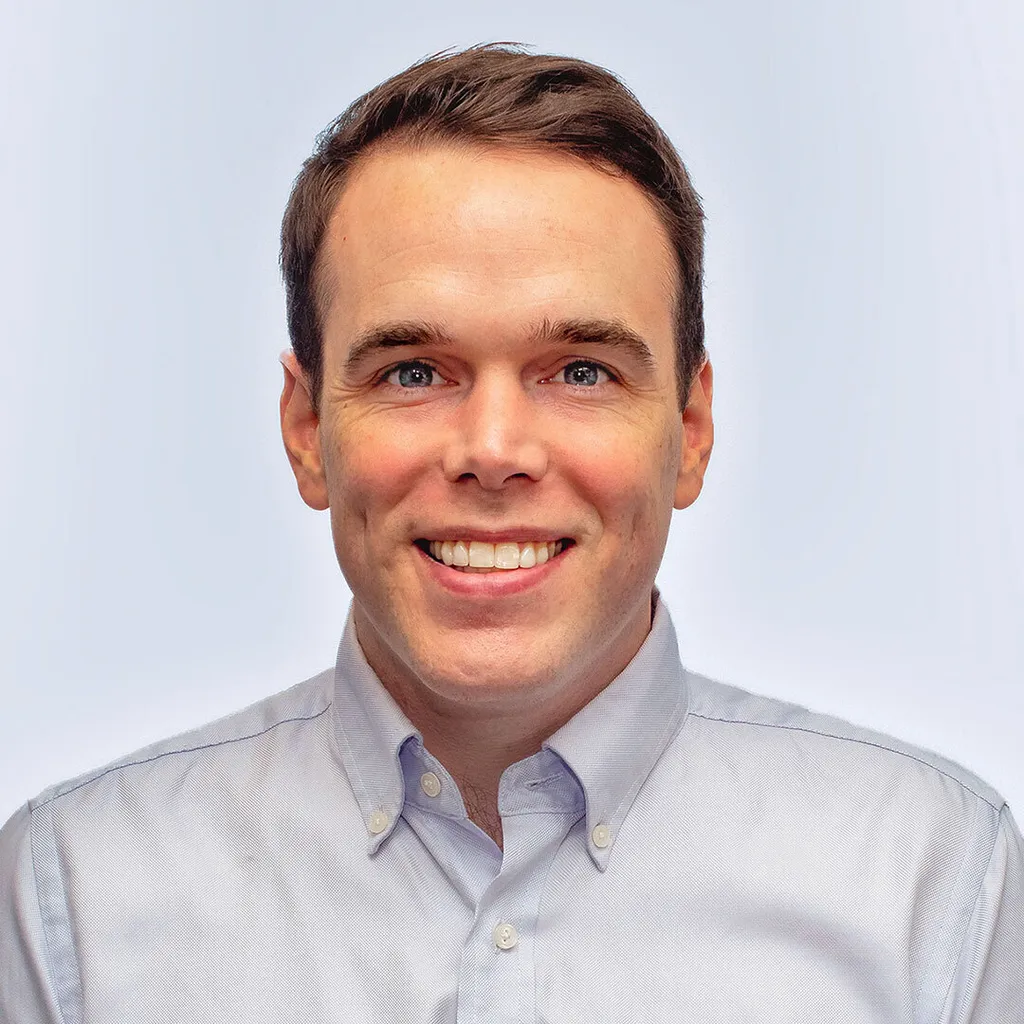- October 31, 2024
- By Annie Krakower
Noah Robinson ’14 credits a video game with saving his life.
The Potomac, Md., native realized he was gay at 13, yet was terrified by the thought of his family and friends finding out. That overwhelming shame and pressure of staying closeted for years pushed him into depression and suicidal thoughts, relieved only by the hours he spent every day on RuneScape, an online fantasy role-playing game.
As an anonymous, medieval warrior avatar joining others on spell-casting, monster-battling quests, he found a sense of community, leading him to eventually come out online. The acceptance there inspired him to do the same in the real world his senior year of high school, and his family soon similarly embraced him.

Now, the University of Maryland alum is helping others struggling with anxiety and depression use technology to improve their lives. Together with singer-songwriter and mental health advocate Jewel, he founded Innerworld, an online community offering 24/7 avatar peer support groups with trained guides for users grappling with a range of issues. Since it first became available to the public in 2022, it’s reached more than 100,000 users.
“Psychologists design games like RuneScape to have people escape reality,” Robinson said. “What if we could build environments that have them come back to reality more empowered than when they left it?”
The platform’s roots reach back to Robinson’s experience at UMD, where he studied psychology and worked in Professor Clara Hill’s psychotherapy lab. He also volunteered at Help Center, an undergraduate-run anonymous peer counseling and crisis intervention hotline. At the end of his senior year, his fellow volunteers voted him “most likely to create an app that changes the world.”
“That’s always stuck with me,” he said. “It’s been really exciting to reflect on where I’ve come from. Maryland was my first experience living as an out gay man, fully in my own identity. It was really an incredible environment to foment this whole path that I’ve been on.”
After graduating, Robinson worked for two years as a research fellow in the National Institutes of Health’s Rehabilitation Medicine Department, where he experimented with virtual reality and realized he could combine his interests in peer counseling and technology into an online mental health haven. He further developed the Innerworld idea as a clinical psychology doctoral candidate at Vanderbilt University, receiving a grant from the National Science Foundation and working with his adviser to create a nine-month cognitive behavior therapy curriculum to train undergrads as peer guides.
While the app was going through beta testing, he opened his inbox to discover an out-of-the-blue message from Jewel.
The pop star, best known for hit songs like “You Were Meant for Me” and “Who Will Save Your Soul,” had moved out of an abusive home at 15, and later co-founded the Inspiring Children Foundation (ICF) to provide support for at-risk youth. Hoping to expand to the virtual world, she’d come across Innerworld and asked about joining forces, and Robinson immediately “felt this energy and this connection” upon meeting her.
“When I found Innerworld, I knew it was an incredible solution to our mental health crisis,” Jewel, who is now the company’s chief strategy officer, said in a statement. “We must turn to safe, affordable, scalable and proven tools to help everyone who needs it.”
Upon entering the app, which is available to download on smartphones, tablets and VR headsets, users can create their avatar, interact with others through voice- and text-based chat in settings like beaches, campfires and mountains, and participate in virtual recreational events and community-building games for free. They can access more than 100 peer guide-led group sessions focused depression, anxiety, loneliness and more for $40 per month, and for $120 per month, they can also access a therapist-led group skills event once a week.
The anonymous format, Robinson said, helps people feel more comfortable opening up.
“I hadn’t left my house in four years,” one user said in a testimonial about dealing with crippling anxiety. “The tools that I learned from Innerworld, along with the support that I get from the great community that we have, is what made it where I can walk down my own driveway … to my mailbox, with no fear.”
As he completes his Ph.D. and searches for a surrogate to start a family with his husband, Robinson hopes to continue building on that lifechanging impact. Last week, the company launched Innerworld Teen x ICF for adolescents, and it’s partnering with businesses to support employee mental health by providing Innerworld as a benefit. The company is also conducting research on its influence, with a $2 million NIH grant to study how cognitive behavioral immersion affects depression symptoms.
“I just feel very grateful that we’re able to have an incredible group of people working to help change lives,” he said. “It’s really exciting, and I think this is just the beginning.”
Interested in training to become one of Innerworld’s hundreds of peer guides? Contact Noah Robinson at hello@inner.world and watch this video to learn more.
